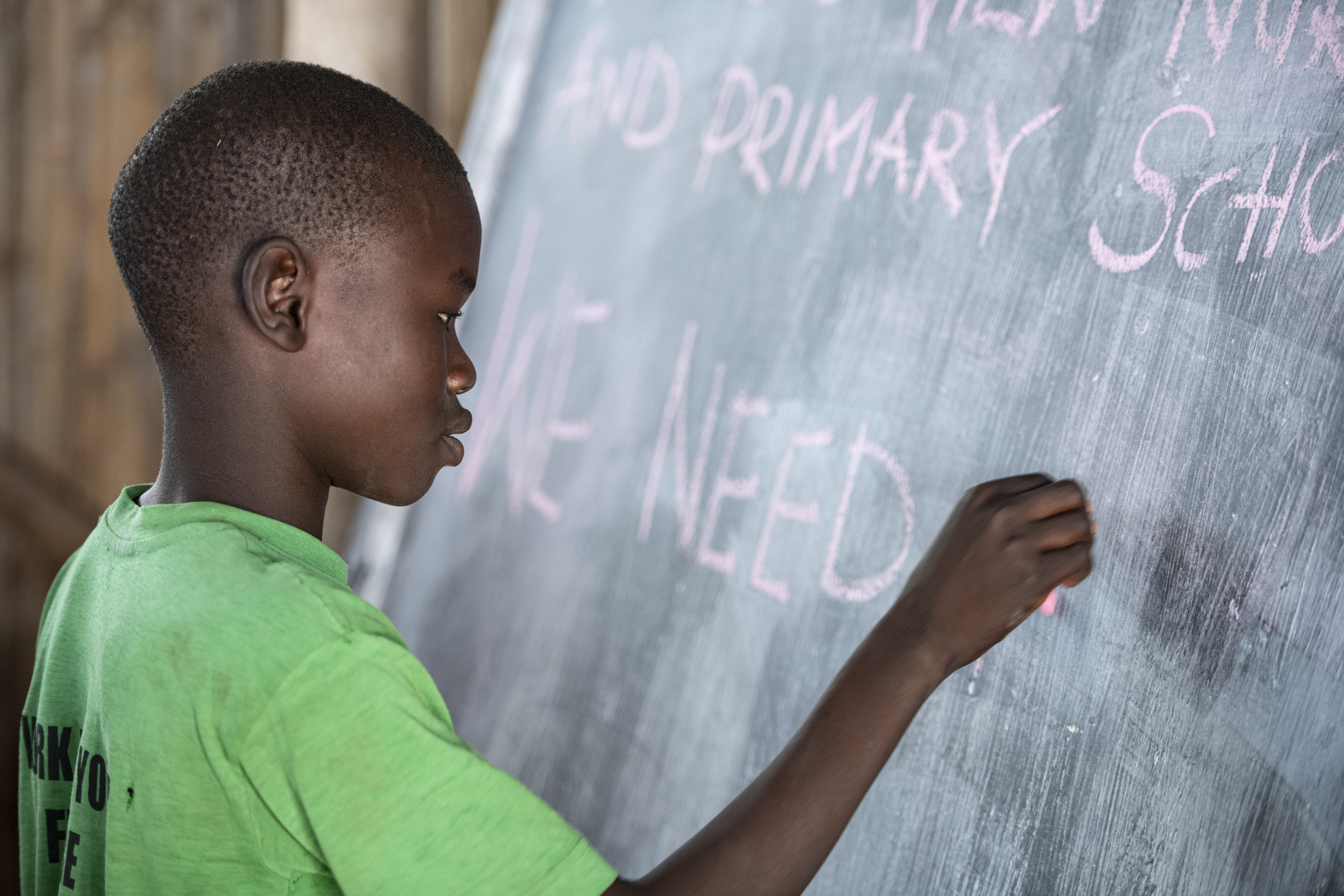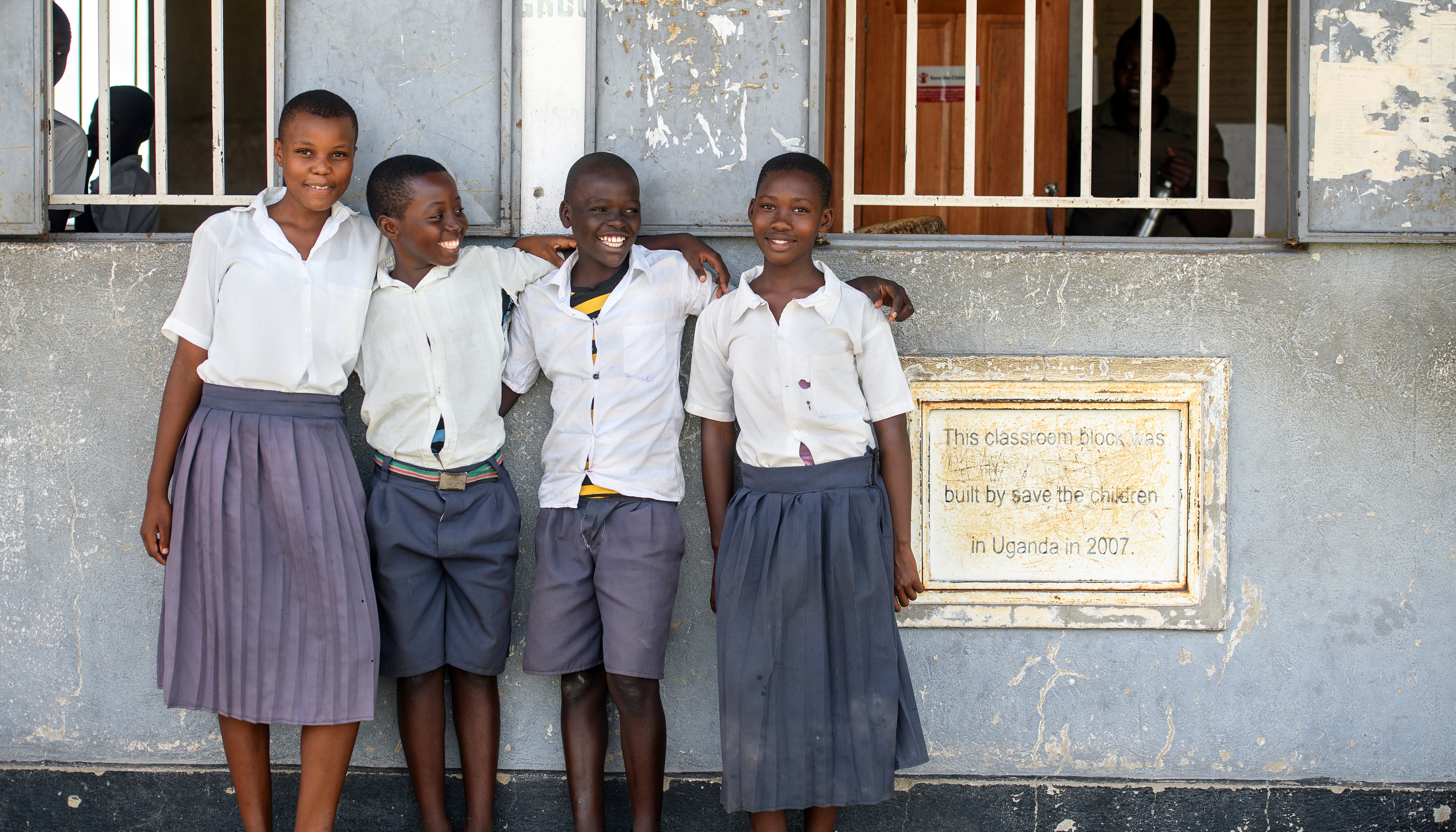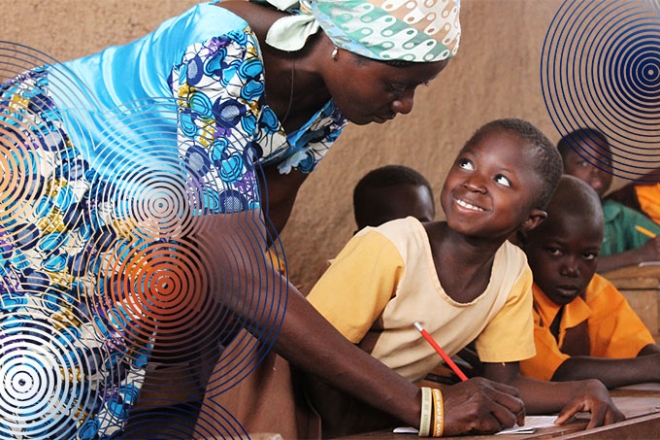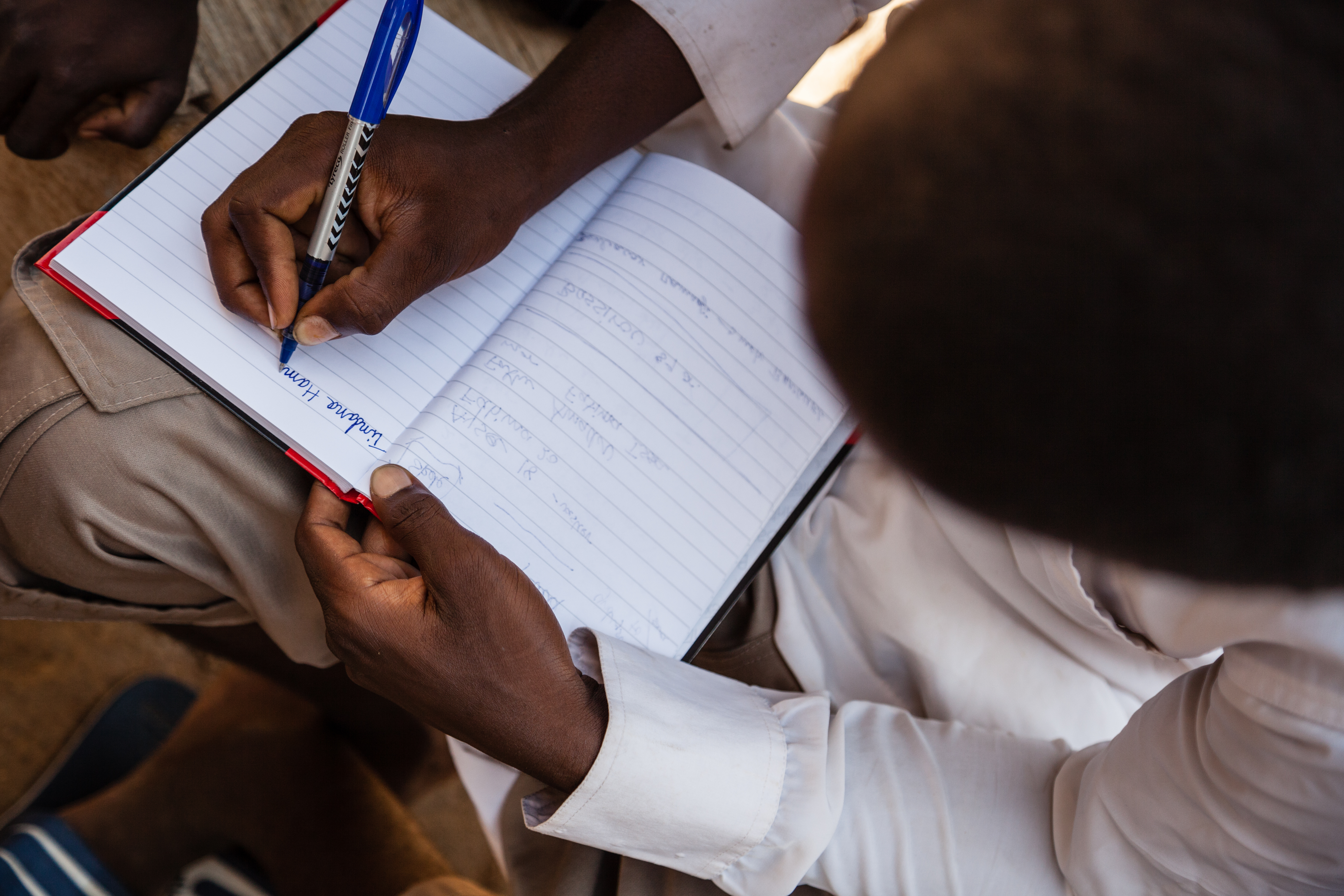Ten national CSOs selected to undergo the Year Zero process
In June 2020, Education Out Loud conducted an open call for applications under Operational Component 2 (OC2). The first ten organisations (link) to undergo the Year Zero process were chosen in the Autumn of 2020. However, for this open call for applications we received an impressive number of 461 concept notes from 53 countries – many of very high quality. As a result, EOL and a panel of global independent experts conducted a second assessment process of applications. We are now very happy to announce the last ten national CSOs who have been chosen to undergo the Year Zero process under OC2.
Year Zero is part of the EOL learning agenda. During a six-month process, candidates are given support to build capacity, and to develop a strong learning plan. The goal is to provide the organisations with experience, a chance to test their approaches, as well as initiate relationship-building with key actors. For this purpose, organisations will receive a small portion of funding from EOL and will eventually submit their final project proposals.
The ten CSOs will work to strengthen transparency and accountability in each of their national education sectors as well as ensure civil society’s influence and voice in education policies and processes.
Here at the Education Out Loud secretariat we are very happy to welcome the ten organisations into our partnership and we look forward to support and work with them during the Year Zero process.
Explore more about the 10 organisations and their partners below:
Institute of Informatics and Development (IID) in Bangladesh is the lead applicant of an alliance also consisting of 10 Minute School, Teach for Bangladesh (TFB), Multipurpose Socio-Economic Development Association (MSEDA), Udayan Swabolombee Sangstha (USS), and Youth for Policy. IID is a public policy institute focusing on learning analytics and multilevel policy advocacy models. The alliance partners come with a variety of experience working with e.g. teachers and online learning. The project, e!quality, to be developed during Year Zero aims to enhance education equality and quality through multilevel evidence-based advocacy for public investment.
DEDRAS in Benin is the lead applicant of an alliance also including the two organisations Social Watch Benin and Woord en Daad. DEDRAS has expertise in influencing policies, capacity building, and social mobilization within the education sector. Social Watch Benin has experience in polling, citizen control of public action, and advocacy, while Woord en Daad has been a strategic partner of DEDRAS for the last decade working with education policy influence and capacity building. The project to be developed during Year Zero aims to address low citizen participation in education policy monitoring and dialogue by strengthening the role and capacities of CSOs to monitor implementation of education policies and finances.
Centre de Recherche sur l’Anti-Corruption (CERC) is an organisation based in the Democratic Republic of the Congo. CERC has experience with engaging, mobilising, and empowering rural youth in DRC and has been responsible for a number of programmes focusing on youth. The project to be developed during Year Zero responds to the impact that corruption and lack of transparency has on young people’s access to education and motivation to participate in their communities. The project aims to introduce Integrity Clubs in secondary schools to create a space for youth to discuss integrity as well as acquire skills and knowledge to empower them to become active citizens.
Emmanuel Development Association (EDA) in Ethiopia is the lead organisation of an alliance also consisting of Rift Valley Children and Women Development Organisation and ProPride. Both co-applicants members have experience in designing and implementing programmes focusing on education for marginalized and disadvantages groups. EDA has implemented programmes in different fields focusing their work on vulnerable groups and has experience with the promotion of social accountability to ensure quality education. The project, Voice of Citizens in Education (VoiCE), to be developed during Year Zero aims to address challenges in the education sector in Ethiopia through promotion of social accountability, transparency, and proactive engagement of citizen.
School for Life in Ghana is the lead organisation for this project and has partnered with YEFL Ghana and Ghana Developing Communities Association (GDCA). School for Life has experience working with education, hereunder capacity building of CSOs and approaches to literacy. GDCA has experience with community mobilisation and social accountability work, while YEFL Ghana is experienced in mobilisation and empowerment of youth in rural areas. The project to be developed during Year Zero focuses on citizen-led action for educational accountability and responsiveness. It aims to address the inequality in basic education for especially girls in remote rural areas.
FACILIDADE-ICDS in Mozambique is the lead organisation for this project and has partnered with UWEZO – an organisation based in Tanzania. FACILIDADE-ICDS has experience with strengthening technical and organisational capacities of civil society, and in facilitating dialogue with parents and caregivers on learning outcomes. The partner, UWEZO, is experienced in influencing policy reform and in facilitating citizen-led assessments within the education sector. The project to be developed during Year Zero aims to ensure equitable quality education for all by combining tools for learning assessments, data collection and budget monitoring. The project will be implemented in both Mozambique and Tanzania.
Karkhana Samuha in Nepal is the lead organisation of an alliance also consisting of The Oda Foundation and Dalit Samaj Sewa Sangh. Karkhana Samuha works to promote local innovations to create global impact. The organisation is experienced in integrating Design Thinking into practices and in leveraging technology. The alliance members bring in on-the-ground experience working with hard-to-reach areas and manrginalised groups. The project to be developed during Year Zero aims to address the gaps and overlaps in the delivery of educational services stemming from the recent federalization of Nepal. By using Design Thinking practice, the project seeks to utilize strategic data to monitor government commitments and generate ownership of social accountability processes.
CODENI is a network of 23 organisations based in Nicaragua. The network focuses its work on the promotion and defence of children’s rights in 54 municipalities in the country. CODENI is experienced in research, dissemination, and advocacy on children’s rights, knowledge management processes, as well as monitoring public investment and policies on children and adolescents. The project to be developed during Year Zero aims to enable the generation of knowledge and empirical evidence on the state of education in Nicaragua. Through this, the project aims to strengthen the role and capacities of civil society to exercise social control, follow-up, and monitor education policy.
HakiElimu based in Tanzania is the lead organisation of an alliance also consisting of OCODE, Child Support Tanzania, Save Education and Future Development Foundation, MTWANGONET, and SAWA Wanawake. HakiElimu has implemented a variety of projects within the field of education and is experienced in policy analysis, citizen engagement, social accountability, and advocacy. The 5 alliance partners are all grassroot CSOs who are members of the Regional Education and Learning Initiative (RELI) Accountability Cluster. The project to be developed during Year Zero aims to strengthen and coordinate civil society to monitor commitments, policy and budget implementation, and hold leaders accountable. The project has a particular focus on disability inclusion, girls’ retention and transition, and the Covid-19 education response.
Civil Society Budget Advocacy Group (CSBAG) in Uganda is the lead organisation of this project and has partnered with Initiative for Social and Economic Rights (ISER) and Uganda Society for Disabled Children (USDC). CSBAG has experience with establishing cooperation with Government and with engaging civil society actors in the budget process for education and financing of other social sectors. ISER is experienced in advocating for implementation of social and economic rights from a human rights-based approach, while USDC has expertise in advocacy related to children with disabilities. The project to be developed during Year Zero aims to influence the Government to increase its investment in education in order to improve transparency and accountability through citizen-engagement.



